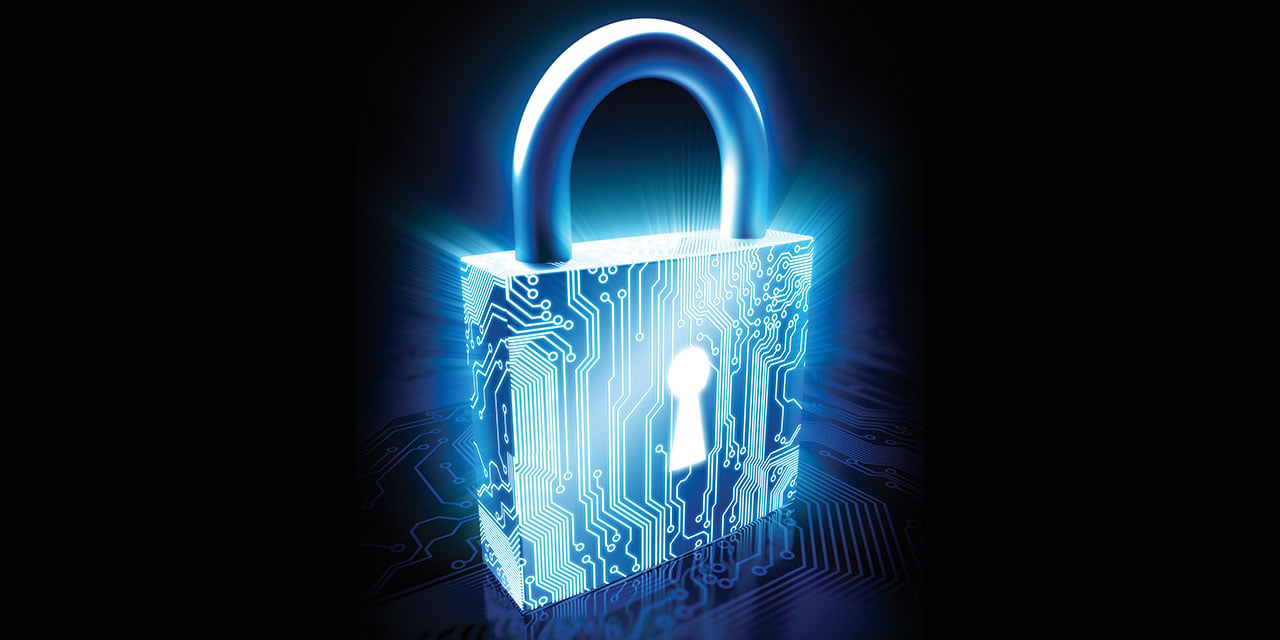
Protect Yourself From Wire Fraud
The risk of wire fraud reached an all-time high in 2023. A good financial professional is critical to mitigating this risk and ensuring your transactions are safe and secure. Your Baird Financial Advisor is specifically trained to detect signs of wire fraud and identity theft, and your cybersecurity is always top of mind.
How Wire Fraud Happens
Consider this scenario: A cybercriminal starts by targeting a business, a real estate office for example, with a phishing attack - an email message or other electronic communication intended to trick someone into divulging critical personal information. In this scenario, the cybercriminal is attempting to trick employees into thinking the message has a legitimate business purpose, hoping they will input a password or click on a link. If the cybercriminal is successful, they gain access to not just the employee’s email but a wealth of the company’s data, such as clients’ personal information.
Once they’ve gained access, the cybercriminal can then monitor which clients are making a high-dollar transaction, such as a home purchase. If you are one of those clients, it’s likely you would then be targeted with a fraudulent message; for example, fake wire transfer instructions disguised as a legit message from your contact at the real estate company.
If you’re not careful, it’s easy to fall prey to tricks like these. In this instance, you may wire tens of thousands of dollars to an offshore bank, with no means of recovering it.
Ways to Stay Protected
Fortunately, there are procedures in place to make sure this doesn't happen to you. Here are some safeguards to keep in mind when using wire transfers:
- Make wire transfer requests and changes over the phone, rather than via email.
- Use strong passwords for your financial accounts. Using special characters in your passwords – or even better, pass phrases, since length trumps complexity - really does make them harder to crack.
- Rely on multi-factor authentication – that’s when you enter a password, which triggers a passcode to be send to your phone. Duplicating the verification process makes fraud much more unlikely.
- Don’t ever respond to an email request for a wire transfer. Your Baird Financial Advisor will always call to verify wire transfers.
- Wire transfers for real estate transactions are especially high targets for fraud. In addition to your financial advisor, call the receiving party independently, both before and after the transfer to verify the instructions and ensure the transaction was completed.
- Consider enrolling in a third-party protection service. Baird clients have access to ID Watchdog at a discounted rate and includes monitoring high-risk transactions such wire transfers; reach out to your Baird Financial Advisor for more details.
If you receive a suspicious message and are unsure, follow this framework:
- Stop. Don’t click any links or enter any personal information.
- Call. Contact your financial advisor immediately using the phone number you have on file.
- Verify. Confirm Baird’s wire transfer process. Your Baird Financial Advisor will never conduct transfers via email.
While wire transfers are a tremendous convenience for those needing to move significant amounts of assets, their sheer size means you should always tread carefully. Our teams are trained to recognize the warning signs and take the necessary steps to keep your assets safe.
If you have any concerns about a transfer of funds or want to take proactive steps to steer clear of fraud, talk to your Baird Financial Advisor.
This article was originally published in December 2019 and was updated in October 2024.
This information has been developed by a member of Baird Wealth Solutions Group, a team of wealth management specialists who provide support to Baird Financial Advisor teams. The information offered is provided to you for informational purposes only. Robert W. Baird & Co. Incorporated is not a legal or tax services provider and you are strongly encouraged to seek the advice of the appropriate professional advisors before taking any action. The information reflected on this page are Baird expert opinions today and are subject to change. The information provided here has not taken into consideration the investment goals or needs of any specific investor and investors should not make any investment decisions based solely on this information. Past performance is not a guarantee of future results. All investments have some level of risk, and investors have different time horizons, goals and risk tolerances, so speak to your Baird Financial Advisor before taking action.


